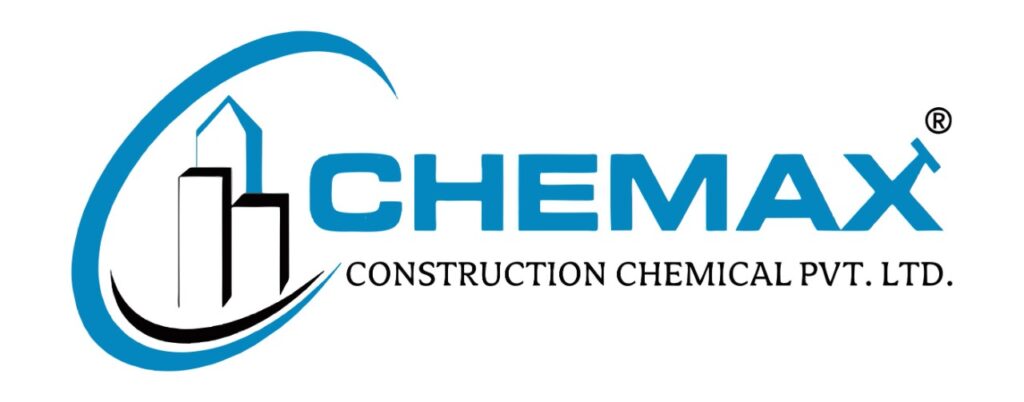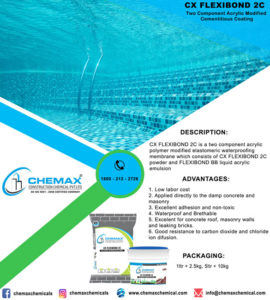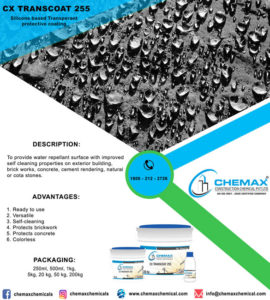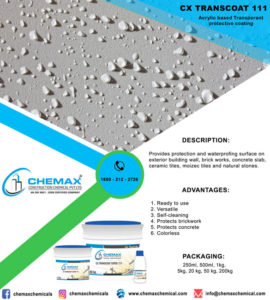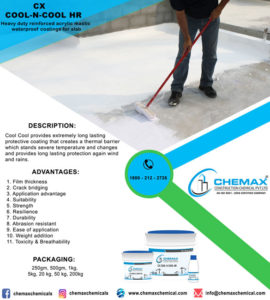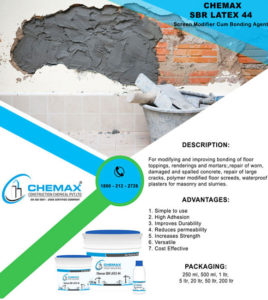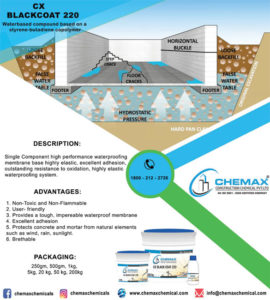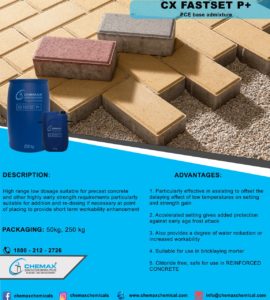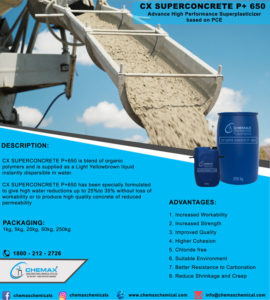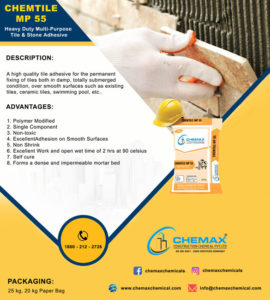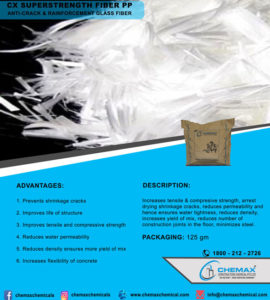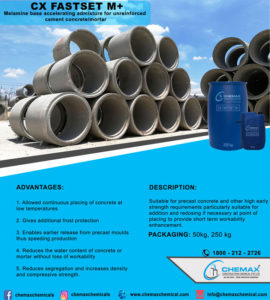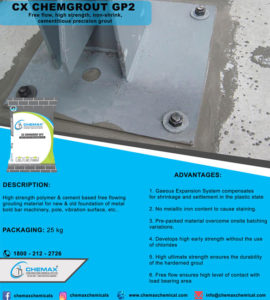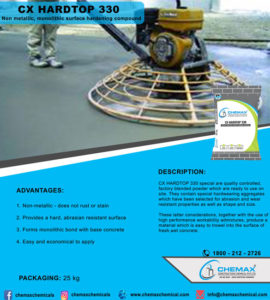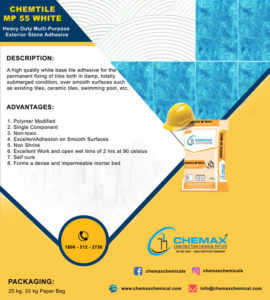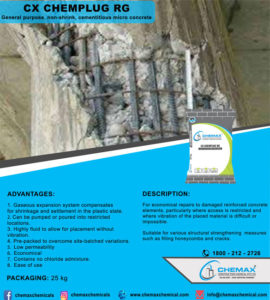Your personality is reflected in the house you build. You don’t build a new house every day, so you want to choose the best and most lasting material you can. Tile is one of the most crucial elements of the new house since the kitchen and bathrooms are the mirrors of the house that either improve or detract from the appearance of your home. A correctly installed tile project may give your kitchen or bathroom new life and a fresh appearance for many years to come. The choice of the proper grout, which seals the joints between the tiles to produce a tile surface that is impermeable, is the next step. It is just as crucial as choosing the proper tiles. The market offers two varieties of epoxy grout for tiles: the more expensive epoxy grout and the standard cement grout. In this post, Epoxy Grout will be the main topic.
CHARACTERISTICS OF EPOXY GROUT FOR TILES
Epoxy Grout for Tiles is a three-part, stain-, chemical-, and impact-resistant epoxy resin-based grout that is hygienic and resistant to stains. The cured grout prevents dirt and bacteria from entering and can be readily kept in a sterile state. It also does not transfer taints to the food products. For grouting a variety of tiles and stones, including glazed tiles, mosaic, vitrified and fully vitrified tiles, ceramic tiles, industrial tiles, granites, marbles, and other natural stones, etc., epoxy grout is the ideal choice. To give the flooring a very neat and unique finish, the grouting is done in tiles. A robust seal is created between the tiles by EPOXY GROUT FOR TILES. Epoxy resins and a filler material are the main components of Tiles epoxy grout, and they combine chemically to create the grout substance.
Due to the grout’s potential to deteriorate over time from exposure to sunlight and its UV rays, epoxy grout is often only suggested for indoor tile installations.
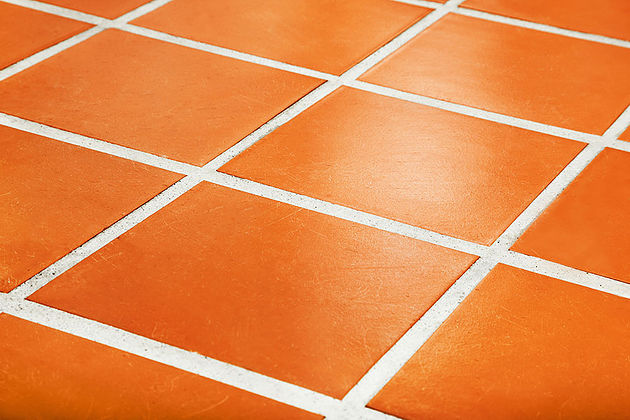
LATICRETE EPOXY GROUT
A wonderful and simple epoxy grout to use is EPOXY GROUT FOR TILES. Simply follow the instructions, and it’s really simple to mix. Additionally, it is quite simple to apply. Your tiles won’t have any residue left behind if you simply follow up with the appropriate cleanup rinses. The installation of ceramic tile, porcelain tile, glass tile, stones, quarry tiles, pavers, and bricks can be done both indoors and outside using this advanced, lightweight, polymer-fortified tile mortar. Because the grout may deteriorate from prolonged exposure to sunshine and its UV rays, it is normally preferred for interior tiles and not advised for outdoor tiles.
EPOXY GROUT FOR TILES
With the highest care and accuracy, our CHEMAX epoxy grout for tiles is a two-part epoxy-based formulation that is made to be durable. It is the best grouting substance available, giving your tiles a great look and exceptional longevity. Additionally, it guards against chemical attacks, spills, and stains in tile and stone filler grooves. It is made up of two parts—Part A and Part B—and must be properly and thoroughly mixed before usage.
WHERE CAN EPOXY GROUT BE APPLIED?
With grout joints ranging in thickness from 2 to 15 mm, epoxy grout for tiles is appropriate for the installation and grouting of floor and wall tiles, artificial and natural marbles, granite, mosaics, pavers, etc. It is appropriate for the following:
- Shower and bathroom walls and floors are tiled.
- Tiles on the floors and walls of common areas.
- Counters in the kitchen.
- Terraces and balconies.
- Processing facilities
- Restaurants and other locations where food that comes into direct touch with meat, dairy, etc.
- Suits surfaces that are in contact with corrosive chemicals
- An ideal fit for grouting in tanks, swimming Pools,etc.
BENEFITS OF USING EPOXY GROUT
- In comparison to conventional cement sealants, it is simple to apply and clean.
- It may be used for various kinds of tiles because it comes in a variety of hues.
- It is extremely hard and mechanically strong.
- It absorbs relatively little water.
- It is chemically resistant.
- It has outstanding bonding abilities.
- It is resistant to UV rays and stains.
- It produces consistent colors and is weather-resistant.
- Hardening does not cause it to crack.
- It can handle heavy traffic and has a high strength.
HOW LONG DOES IT TAKE FOR EPOXY GROUT TO CURE?
Epoxy grout doesn’t need to be sealed, therefore it cures and is usable considerably faster than cementitious grout. once you’ve completed putting in your fresh set of tiles and grouted them. Once the tile has been freshly grouted, how long should you wait before using the bathroom or kitchen? How much time does epoxy grout require to dry?
The grout typically needs 24 to 72 hours to dry after application. It usually takes 48 hours for Epoxy Grout Chemical to dry, but you must always read the label on the product before using it. If the grout is being dried indoors, it can dry in just 24 hours, but it can take up to 48 to 72 hours if it is being dried outside. The type of grout, the relative humidity, and whether the grout is being used indoors or outdoors all affect how long it takes to dry. The majority of manufacturers recommend waiting three to seven days before exposing grout to moisture, however epoxy grout typically dries in 24 hours. Since epoxy grout is made of epoxy resin plus a hardener, it is ideal for tiles that will come into contact with more abrasive substances like acid and grease. Along with being strong, this grout is also resistant to cracks, chemicals, weather fluctuations, and stains. Since it dries quickly, it requires more time and effort to apply, but it lasts for a very long period. Epoxy grout cures and is ready to use much more quickly than cementitious grout, therefore it doesn’t always need to be sealed.
DOES EPOXY GROUT NEED A SEALER?
Since epoxy grout self-seals, a sealer is not necessary. Because it is not porous, the epoxy base does not absorb water. It goes without saying that any rough surface will collect dirt and oils in its roughness. All grout surfaces need to be cleaned from time to time because it is normal for even sealed cementitious grout to become dirty. Some unsealed tiles, such as those made of natural stone, must first be sealed before epoxy grout may be applied. However, other kinds of tile surfaces, such non-porcelain ceramic tiles, may not require sealing. It is not essential to add a sealer because the majority of ceramic tiles are completed with a hard glaze that shields their surface from stains. It is not essential to add a sealer because the majority of ceramic tiles are completed with a hard glaze that shields their surface from stains. Porcelain tiles, on the other hand, lack a protective glaze and require regular maintenance with a protective sealer. Stone is a porous material, making it susceptible to stains and moisture, therefore if you utilize natural stone surfaces like marble, slate, granite, etc., you will need to seal the tile surfaces.
CAN YOU USE EPOXY GROUT OVER CEMENT GROUT?
Using epoxy grout over cement grout is doable, but first you must remove the old cement grout from the joints by digging down to a depth of half the tile’s thickness. An easy way to do this is with a grout saw or scraper. The key goal here is to give the new epoxy grout adequate depth to adhere to the remaining sanded grout as well as the tile edges. After mixing, let the epoxy grout sit for a few minutes in the bucket to create a somewhat stiffer, tackier mixture that will be robust and long-lasting.
The greatest tile grout for longevity and color consistency is CHEMAX Epoxy Chemicals, but it’s also the ideal option for expressing your creativity and giving your home some life. It is the finest option overall because it is risk-free and non-toxic.
